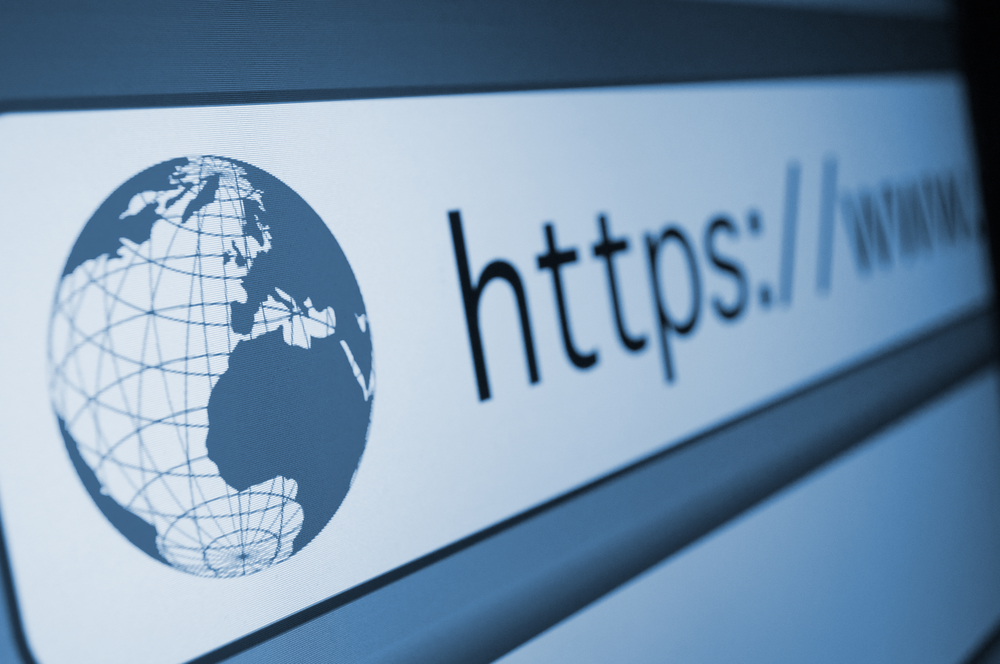Centralized web browsing is a threat to your privacy and online security as it makes it more likely that secondary and third parties can track your browsing habits.
As internet security company Kaspersky inadvertently provided online marketers with a means through which they could track the web browsing habits of users, the incident underscores a need to move to decentralized web browsing.
It may be time that we started looking towards peer to peer and decentralized systems in order to counteract this vulnerability.
Decentralized Web Browsers
Paul Frazee, co-founder of the Beaker browser, suggests that our online world has developed purely into a client-server model. Whilst this works quite well, you don’t own your data.
Read More: Decentralizing the Web Amidst Debate on Censorship, 8chan ban
Our information is going into the cloud and is then sitting in a server in plain text. However, Frazee believes that software engineers have an obligation to protect users’ data — something that is not happening with the current model.
It’s still very much early days, but a number of nascent projects are beginning to emerge in this space. Beaker is an experimental peer to peer browser. Whilst you can browse ‘http://’ and ‘https://’ websites like traditional browsers, Beaker also supports ‘dat://’, a peer to peer protocol called Dat.
How Peer to Peer Browsing Works
Through the Beaker project, the software engineer has tried to implement peer to peer networking using Node.js and Chromium technologies. The mention of decentralization in these times usually goes hand in hand with blockchain, yet Beaker doesn’t use blockchain technology to achieve a peer to peer network. Instead, Dat as a variation of BitTorrent is being used.
With a peer to peer system, one user can publish a website. Another user may download that website in accessing it. Subsequently, a third user can download the relevant files from either of the first two network participants.
As new people join that network, they provide more resources to access data. The system can then scale up on this basis, so there is access for all. For a short period after visiting a website, the user will in turn host that content to contribute to the community and make the system scalable.
One other side benefit is that it becomes really cheap to allocate new websites. Rather than being addressed by an ip address, these websites are cryptographically addressed through public keys.
A new website is allocated simply by generating a new key and there’s no limitation on how many are created.
Kaspersky AntiVirus Security Flaw
It emerged last week that leading antivirus software provider, Kaspersky Labs, had unintentionally exposed service users to having their web browsing habits spied on over a number of years.
Ronald Elkenberg, a journalist with German technology publication, c’t, discovered the javascript code, which was being injected whilst containing a unique identifier for each site the user visited. This enabled cross site tracking.
Whilst the flaw was Kaspersky’s, it couldn’t have happened with a decentralized web browsing model.
Privacy Worth the Effort
The online public has made a trade off in recent years between convenience and privacy. It takes a lot more effort to use online services whilst following a strong privacy regimen. By the same token, the solutions that enable stronger security and privacy oftentimes, are in and of themselves, less convenient to use.
Read More: Tech giants seek to exorcise privacy woes to win back trust
Decentralization is key in this regard. We recently considered the decentralization of the domain name system (DNS) and other projects that are looking to decentralize the internet itself.
There are other projects still, which are looking to provide decentralized versions of a range of online services from social media platforms to ride sharing.
It’s early days for these projects. They will need to find a way of becoming more user friendly. Probably more significantly still, they will need to find a way of achieving critical mass such that there are sufficient users to make their offerings useful.
To this end, we as consumers need to wake up and smell the coffee also. The current scenario with regard to online personal data is scary in terms of what that data can reveal about an individual.
That situation is rapidly becoming worse. As technologies such as the internet of things (IoT) and artificial intelligence (AI) show signs of major utility and application, it’s likely that the amount of data collected will explode within a few short years. If we allow that data to be used against us, we are going to be in a dystopian 1984 scenario.
I understand why people have opted for convenience over privacy up until now (and count myself as guilty of the very same charge). However, I’m optimistic that the reality with regard to how data can be used against us from here on in will start to have a sobering effect on us as a society, resulting in a willingness to go the extra mile and reclaim our online privacy.












